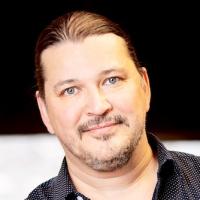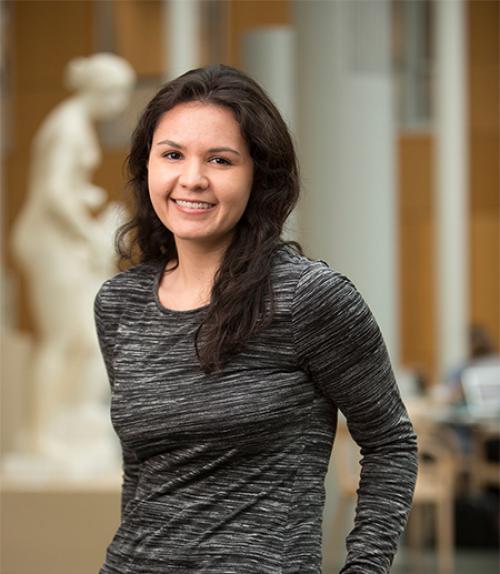
 Department Homepage
Department Homepage
Gina Surita: 'Research has been my most meaningful and rewarding intellectual experience'

 Department Homepage
Department Homepage
